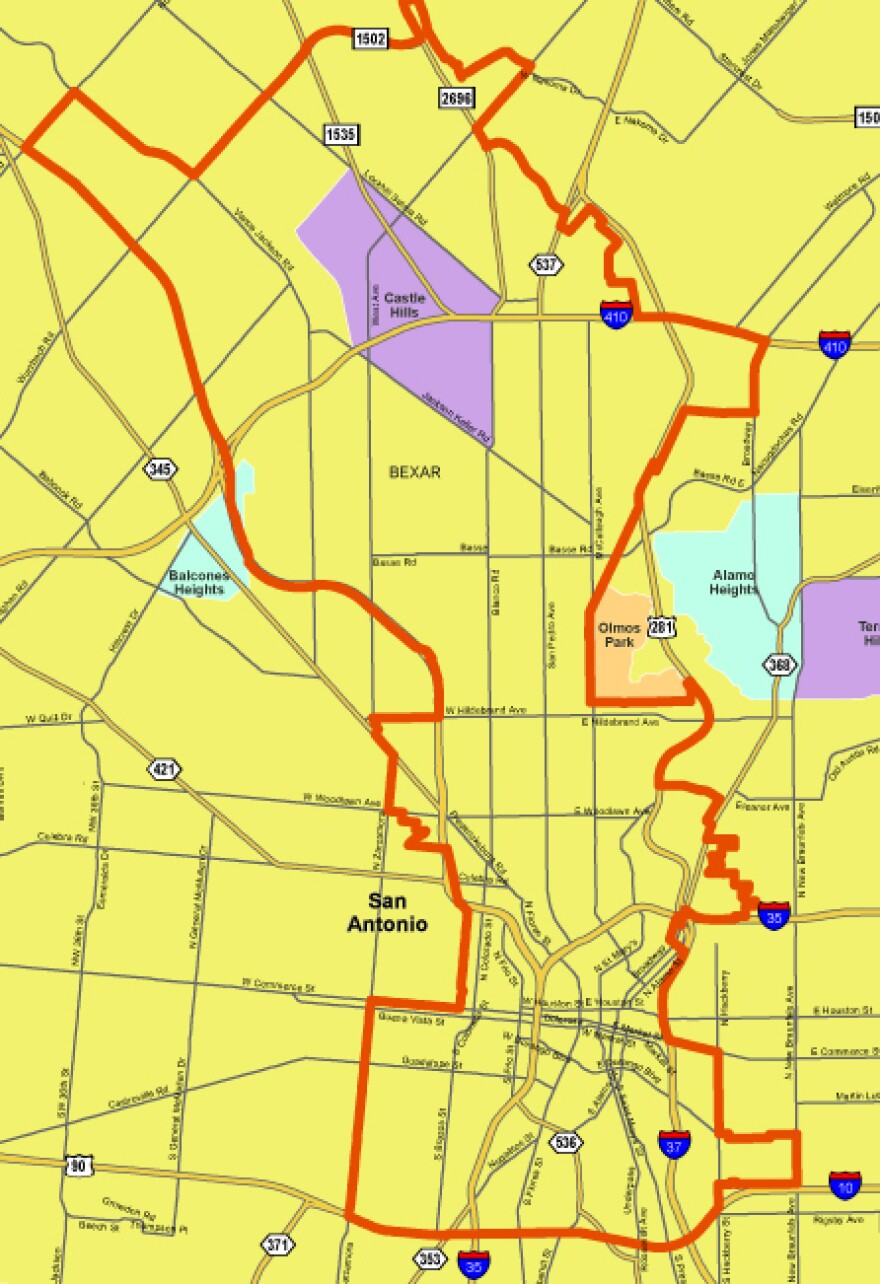Early voting begins today for the six candidates that want to represent San Antonio in the Texas House and convince voters they can best replace Rep. Mike Villareal in District 123.
Here’s the challenge for each of the six: Getting voters to pay as much attention to them as they‘re paying to the holiday roast, eggnog, and parties planned for New Year’s Eve.
This is not an easy time of the year to be a candidate. And in a race where the candidates agree on many issues and on keeping current Republican House Speaker Joe Straus in his job, each is having a hard time standing out from the pack.
The ballot includes three Democrats: businesswoman Melissa Aguillon, former San Antonio City Councilman Diego Bernal, and Walter Martinez, also a former city councilman, who served in the Texas House in the ’80s.
The lone Republican is insurance agent Nunzio Previtera. Clinical psychologist Paul Ingmundson is the Green Party candidate, while Libertarian Roger Gary rounds out the ballot.
Gary, like the others, has education reform high on his list. He wants to get back to the basics, like, he says, teaching basic math. ”I’ve asked some other people who say they’re doing it all on computers; people’s grammar and spelling and math, let’s get back to those basics. That’s what we need. The rest of the stuff they’re squabbling about, what’s in a high school history book? Well, who cares if they can’t read and write.”
Republican Nunzio Previtera wants schools to put as much emphasis on vocational training as they do on college preparation. “The primary goal of our school system needs to be to provide our students with opportunities to prosper as working adults, get them ready to be adults. Our magnet schools have done a pretty good job, but they need to be expanded, and our primary schools need to put a lot more emphasis on vocational skills and training people for their adult life.”
Paul Ingmundson went to UT Austin, where he paid $50 a semester. He says college tuition today is outrageous. He wants the first two years of college to be free. He’d pay for that by taxing oil and gas producers. “We can address the fossil fuel problem and the education problem with one policy change. I think even Republicans are going to start to get used to this. They are going to look around for money, and if you’re going to look around for money, the deepest pockets are in the oil and gas fields.”
More affordable higher education and technical training are also high on the agendas of Democrats Melissa Aguillon and Walter Martinez.
“It was challenging for my parents to put me through college,” says Aguillon. “I actually had to pretty much fund my own college tuition, and so, I want to make sure that higher education is accessible for all students that want to go to college.” But she adds, there are far more career paths available to those students now, and far more jobs being created, “21st century jobs that don't necessarily require a four-year education.”
“I think it’s important that the necessary skills for trades are also accessible to them,” says Aguillon. Fellow Democrat Martinez agrees, and adds, “The delivery and implementation of workforce training, also providing technical training, to be able to provide the workforce that modern technology requires, those are all part of the agenda as far as supporting public education.”
Democrat Diego Bernal says the first bill he’d file would overhaul the way the state decides how much money each school district will receive. “The very first one I would file would have to do with public education and the formula that we use to pay for students who are either economically disadvantaged or English language learners. There’s a formula they use to give districts extra money and that formula hasn’t been updated since the mid-’80s. So if you want to know what my very first attempt at a bill would be, that would be it.”
There are also plenty of other issues in the race, including immigration, taxes, and transportation.
House District 123 is a Democratic-leaning district, which gives candidates from that party an advantage, even as all of the contenders try to drum up support. The expected low turnout on Jan. 6 makes the outcome harder to predict. If none of the candidates wins by more than 50 percent, the top two vote getters will meet again in a runoff election.


